Introduction
Southwest Airlines, a prominent player in the aviation industry, is leading the way in sustainable practices and the adoption of renewable fuels. With a unique business model focused on low-cost fares and exceptional customer service, Southwest has positioned itself at the forefront of the industry's shift towards sustainability.
This article delves into Southwest's commitment to sustainable aviation fuels (SAF) and explores the challenges and opportunities associated with their use. From partnerships with SAF producers like LanzaJet to the airline's focus on hiring the right people and its flexible policies and rewards program, Southwest Airlines is driving the industry's transition to a low-carbon economy. Join us as we delve into the technical and analytical insights of Southwest Airlines' sustainability efforts and their impact on the future of aviation.
Southwest Airlines' Business Model and Competitive Advantages
Southwest Airlines, known for its unique business model that emphasizes low-cost fares, frequent flights, and superior customer service, remains at the forefront of the aviation industry's shift towards sustainability. Leveraging its operational efficiency from a point-to-point network and the use of a single aircraft type, Southwest has been able to invest in sustainable practices, notably biofuels. The aviation industry is under increasing pressure to reduce its carbon emissions, which currently account for 2% of global carbon emissions.
While electrically powered commercial jets are not yet viable, the use of sustainable aviation fuels (SAF) presents a promising alternative. However, the production of SAF is still in its infancy, meeting less than 0.2% of the industry's fuel needs. Companies like LanzaJet are leading the race in SAF production, aiming to produce 10 million gallons of SAF and renewable diesel fuel annually.
Other innovative sources of SAF being explored include used cooking oil and waste animal fats, the latter being used by Neste to produce a biofuel that can reduce emissions by up to 80%. Southwest Airlines, like its industry peers, faces the challenge of navigating these emerging fuel sources and the associated trade-offs. Yet, the airline's commitment to treating its employees right, as stated by its late co-founder Herb Kelleher, may well provide the culture and motivation needed to overcome these challenges and contribute to the aviation industry's transition to a low carbon economy.
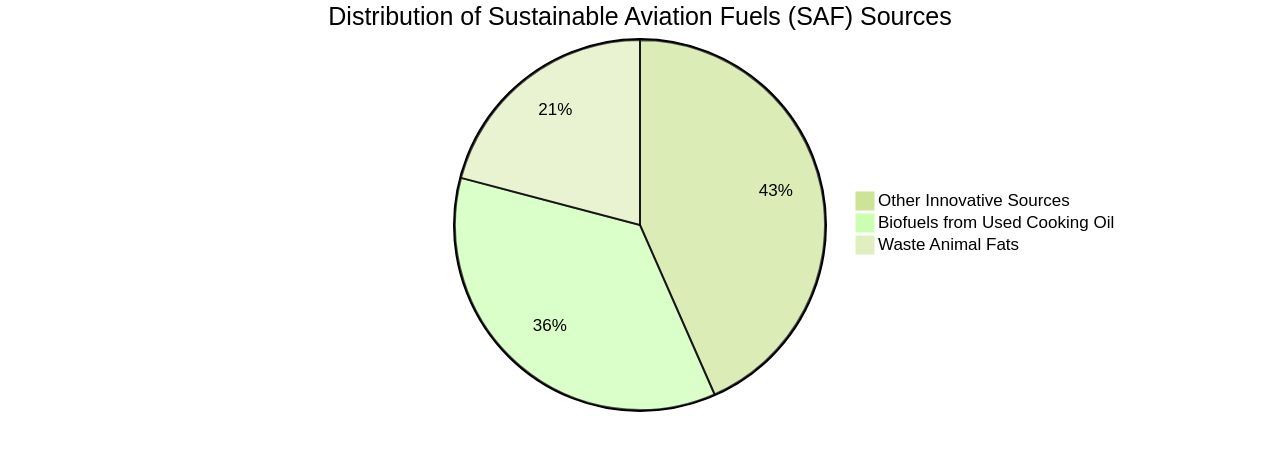
Southwest Airlines' Position in the Airline Industry
Southwest Airlines, an influential player in the U.S. aviation sector, is driving the industry's path towards sustainability by embracing the use of sustainable aviation fuel (SAF). Their efforts have not only lessened their carbon footprint but have also inspired other aviation companies to explore the potential of biofuels as a viable alternative to conventional jet fuel.
Their strategies align with other innovative approaches, such as converting waste into synthetic crude oil or transforming CO2 into jet fuel, to mitigate the aviation industry's contribution to global CO2 emissions, which currently stands at two to three percent. The industry's vision of achieving net-zero carbon emissions by 2050, despite the current costs and nascent state of SAF technology, is supported by commitments from leading airlines, such as Singapore Airlines' recent purchase of 1,000 tons of SAF.
Yet, the large-scale availability of SAF remains a challenge due to its current production costs, which are 3 to 4 times higher than traditional jet fuel. Despite a first-quarter loss, Southwest Airlines' financial results demonstrate a promising increase in operating revenues and passenger numbers.
The airline is intent on managing controllable factors, implementing cost control measures, and boosting productivity. This mirrors the views of Virgin Atlantic's founder, Sir Richard Branson, who stresses the need for innovation, especially in the field of sustainable fuels. In this journey towards decarbonization, technological solutions like Unifuel.tech's Flexiforming technology emerge as crucial. This technology enables operators to determine their pace of decarbonization, reducing both capital expenditure and carbon intensity, making it a valuable tool in the industry's arsenal for the production of SAF.
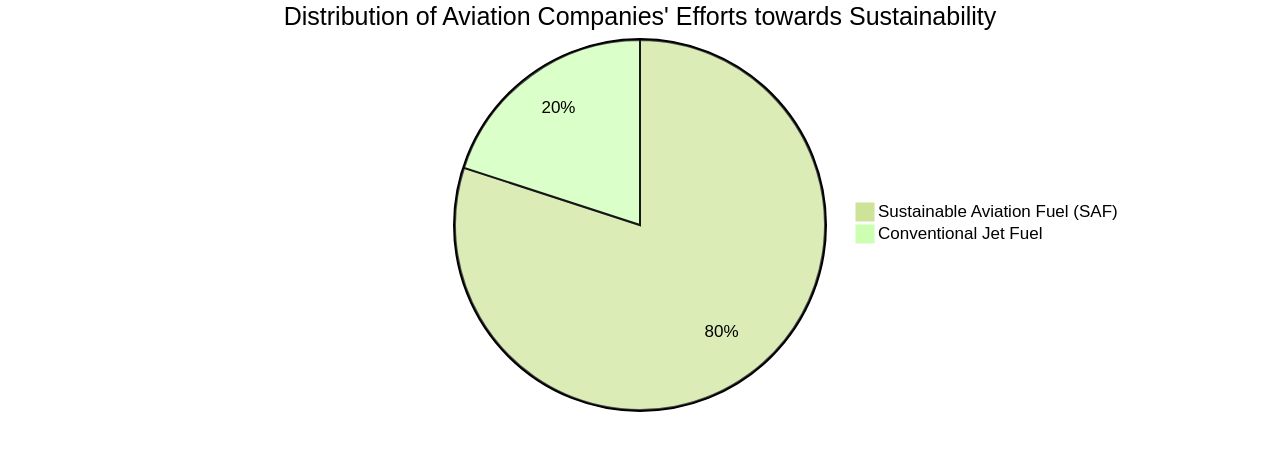
Southwest Airlines' Focus on Hiring the Right People
Southwest Airlines, an industry leader, acknowledges the pivotal role its workforce plays in advancing sustainable practices. The company's core values, including environmental responsibility, are deeply ingrained in its hiring process.
This strategic focus enables the inclusion of individuals who are not only proficient in their respective roles, but also resonate with the company's sustainability ethos. To ensure the successful transition towards sustainable aviation fuel, Southwest Airlines invests in comprehensive training and educational programs on biofuels, empowering its employees to drive this crucial shift.
The diverse roles in aviation, from pilots to maintenance crew, all contribute to the sustainable functioning of the aviation ecosystem. Therefore, it becomes imperative for airlines to foster an environment of diversity, equity, and inclusion (DEI).
This involves promoting a culture of belonging, respecting individual differences, and qualifying contributions from all backgrounds. The aviation industry serves a diverse range of customers worldwide, and a workforce reflecting this diversity ensures that the needs and expectations of all customers are met.
In recent events, Southwest Airlines faced challenges with its workforce, leading to service disruptions. This underlines the importance of an 'employee-first' culture, a principle firmly advocated by the late co-founder of Southwest, Herb Kelleher. He believed treating employees as customers would ensure they treat the company's customers right, a powerful competitive advantage for the airline. Corporate Social Responsibility (CSR) initiatives also play a vital role in enhancing employee engagement levels, with companies investing in such practices witnessing a 13% increase. With millennials, who prioritize working for companies with strong CSR commitments, projected to make up 60% of the workforce by 2025, it becomes even more crucial for airlines to invest in sustainable practices and DEI initiatives. In conclusion, Southwest Airlines' commitment to fostering a culture of sustainability and DEI, coupled with its focus on employee-oriented practices, positions it favorably to drive the adoption of sustainable aviation fuel, a critical step towards a sustainable future for aviation.
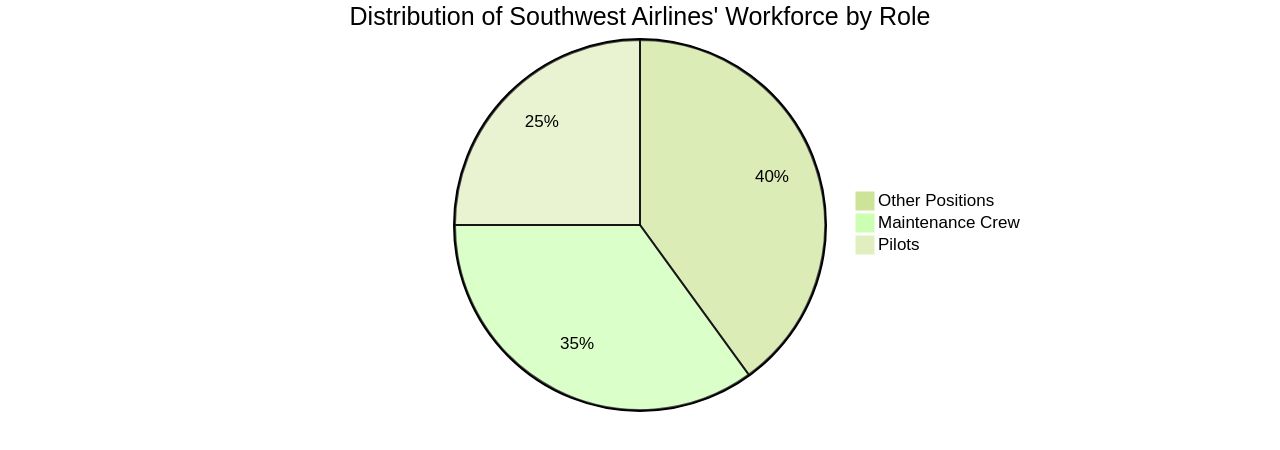
Southwest Airlines' Flexible Policies and Rewards Program
Southwest Airlines, in a bid to promote sustainable aviation, has adopted adaptable strategies. These involve enabling customers to balance their carbon footprints via the purchase of sustainable aviation fuel credits.
In addition, the airline has implemented a rewards system for members of its loyalty program who select flights powered by biofuels. Such approaches not only motivate passengers to opt for greener alternatives but also generate a beneficial cycle, propelling the demand for sustainable aviation fuel and bolstering the growth of the biofuel sector.
Despite the clear benefits, the production of sustainable aviation fuel (SAF), such as electrofuel, presents a number of challenges. The process involves the use of fossil-free electricity, water, and recycled carbon dioxide.
However, the exact reduction in carbon dioxide emissions compared to fossil fuel is still uncertain. In the quest to reduce the aviation industry's contribution to global greenhouse gas emissions, currently at 2.5%, several companies like LanzaJet are making strides.
LanzaJet's first plant, for instance, is expected to produce 10 million gallons of SAF and renewable diesel fuel annually. However, it is critical to note that the cost-competitiveness of such fuels with conventional jet fuel is still a decade away, at the least. In light of these developments, industry leaders emphasize the need for collective efforts to enable sustainable travel. They believe that innovative technological and operational developments are key to achieving climate neutrality. Meanwhile, the Bioenergy Technologies Office (BETO) of the US Department of Energy is advancing research, development, and demonstration to overcome barriers to the wide-scale deployment of low-carbon SAF.
Southwest Airlines' Pricing Strategy
Southwest Airlines' strategic approach to fuel procurement is a key driver in the economic feasibility and increased accessibility of sustainable aviation fuel (SAF). By entering into long-term contractual agreements with biofuel suppliers, the airline ensures a steady inflow of SAF at competitive pricing.
This strategic move enables Southwest Airlines to seamlessly incorporate biofuels into their operational framework without exerting upward pressure on ticket prices, thereby offering passengers a more affordable pathway to sustainable air travel. This approach aligns with the airline industry's broader efforts to minimize fuel costs and reduce climate-change externalities through operational changes aimed at fuel conservation, as identified by Brueckner, Kahn, and Nickelsburg.
Furthermore, in light of recently approved EU regulations mandating that at least 2% of jet fuel be sustainable by 2025, Southwest's pricing strategy could serve as a model for other airlines looking to increase their use of SAF. The EU's 'Fit for 55' package, which targets a 55% reduction in greenhouse gas emissions by 2030, underscores the urgency of such transitions. Moreover, the petroleum industry is exploring the conversion of existing refineries to produce RD and SAF, which could further facilitate the integration of biofuels into airline operations. As the International Civil Aviation Organization's goal for the industry to achieve net-zero carbon emissions by 2050 approaches, Southwest Airlines' pricing strategy offers a viable pathway to sustainable aviation.
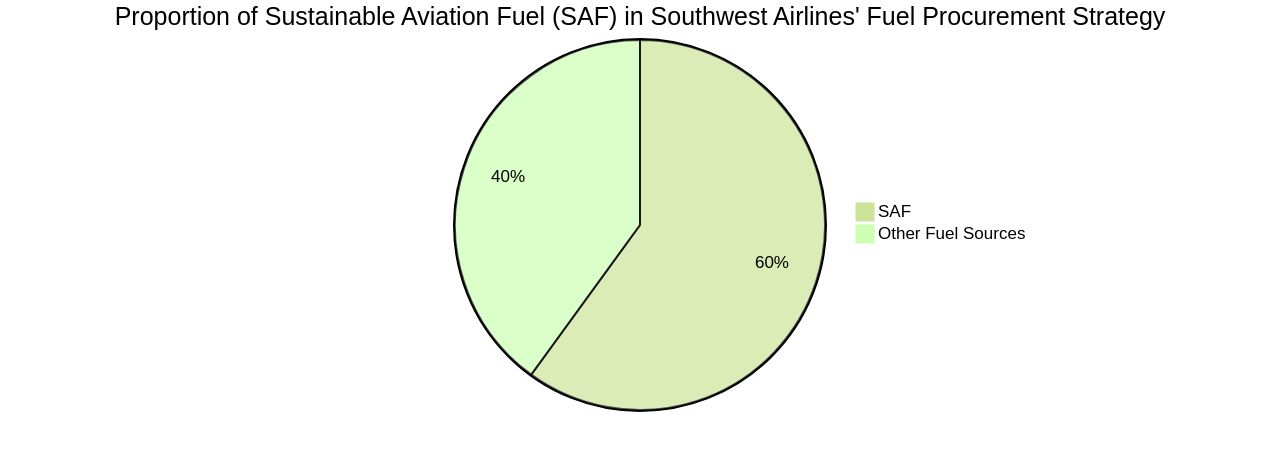
Southwest Airlines' Continuous Improvement and Adaptability
Southwest Airlines, in its drive for sustainability, is consistently engaging with key industry stakeholders, research institutions, and government entities to stay abreast with the latest advancements in biofuel technologies. This strategic positioning allows the airline to leverage new technologies and practices, enhancing the efficiency, scalability, and sustainability of aviation biofuels. The global push for Sustainable Aviation Fuels (SAFs) is largely seen as the primary means to curtail aviation-related emissions.
However, the supply of SAFs is still limited and costs 3-4 times more than conventional jet fuel, emphasizing the role of public demand and awareness in catalyzing industry transformation. In this context, airlines such as Virgin Atlantic are making notable progress, pioneering in areas like sustainable fuels and fleet upgrades. A recent flight powered completely by SAFs showcases the potential of decarbonizing long-haul aviation.
The aviation sector accounts for roughly 2% of global carbon emissions, necessitating the switch to greener alternatives to fossil fuel-based kerosene. The stringent regulations governing aviation fuels, which demand specific chemical and physical properties for safety, pose a significant challenge. However, the advent of bio-based aromatics production has facilitated the use of higher SAF percentages in aircraft, paving the way for possible 100% SAF-powered flights.
SAFs present a viable solution to aviation decarbonization, given their compatibility with existing aircraft fleets and infrastructure. Universal Fuel Technologies, with their flexiforming technology, offers a unique solution to these challenges. Flexiforming allows operators to choose their decarbonization pace, and can be deployed in an idle hydrotreater or reformer, mitigating capital expenditures and carbon intensity.
This innovation, coupled with the company's prompt response time and tailored applications based on operator-specific parameters, marks a significant stride towards the future of aviation. The continued development and scaling of SAFs is crucial for the aviation industry's future, reducing reliance on foreign energy sources and bolstering global industrial competitiveness. The potential of SAFs extends to regions like the Great Lakes and the Rocky Mountain, heralding a new chapter in aviation.
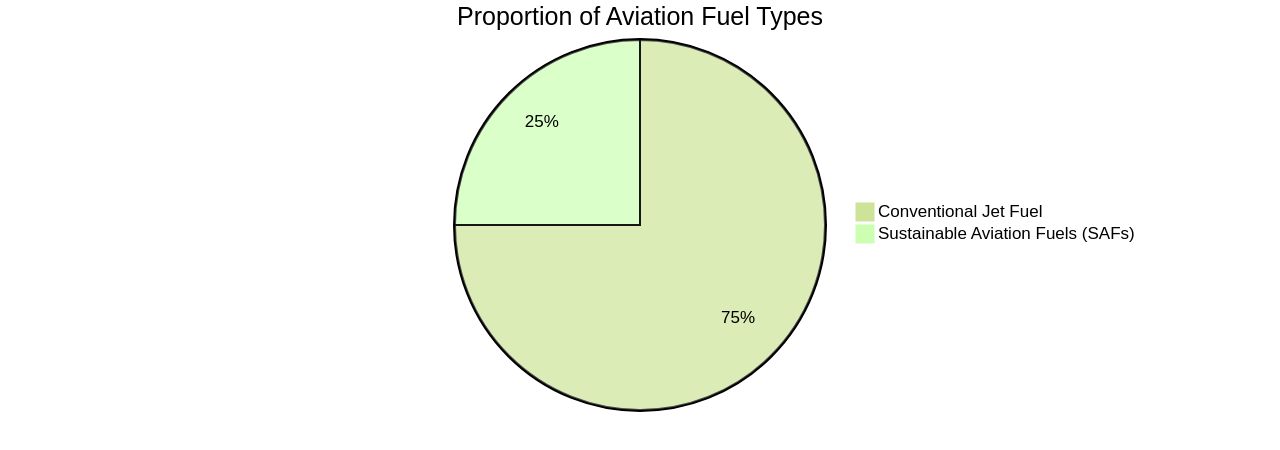
Southwest Airlines' Sustainability Efforts and SAF Investments
Southwest Airlines and Virgin Atlantic, among other airlines, have been exploring biofuels, specifically Sustainable Aviation Fuel (SAF), as part of their sustainability strategies. By integrating SAF into their fuel mix, these airlines are making strides toward reducing carbon emissions and contributing to a more sustainable aviation industry.
The aviation sector, responsible for approximately 2% of worldwide carbon dioxide emissions, sees SAFs as a viable solution for achieving their net-zero carbon emissions goal by 2050. SAFs can be produced from various sources and used by existing aircrafts without any modifications.
However, producing SAF at scale presents certain challenges, such as the need for substantial investment and regulatory backing. Companies like LanzaJet are at the forefront of SAF production, with their inaugural plant projected to generate 10 million gallons of SAF and renewable diesel annually.
In this context, Universal Fuel Technologies offers a solution through its proprietary platform, Unifuel.tech. The platform's flexiforming technology enables operators to control their decarbonization pace and can be deployed in dormant hydrotreaters or reformers, thereby lowering capital expenditure and carbon intensity. The company provides personalized solutions based on provided information about feeds, target products, and existing facilities. This adoption of SAF is not only an environmental necessity but also a strategic move for airlines, positioning the aviation industry for significant progress toward a greener future.
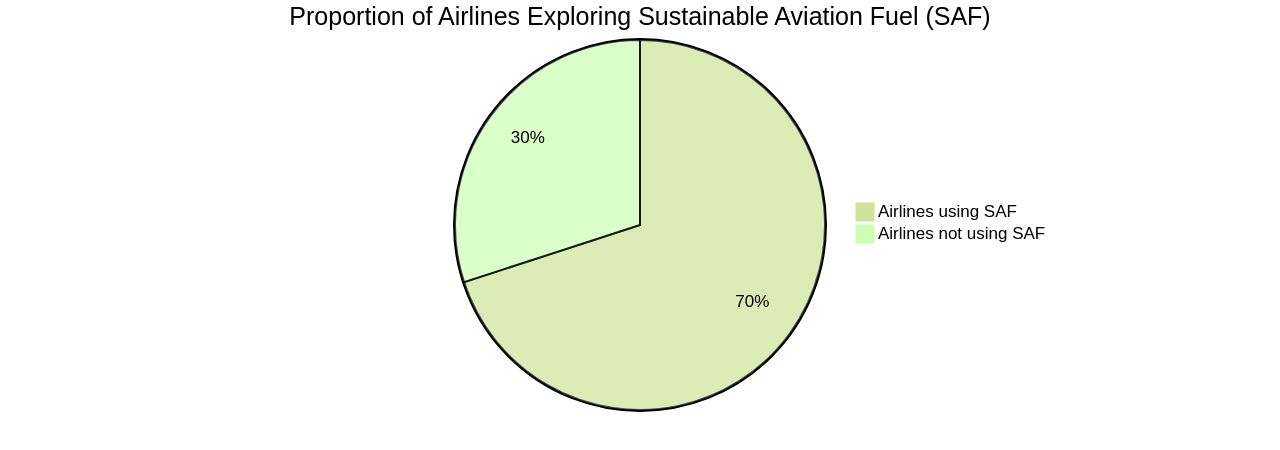
Partnership with LanzaJet and SAF Plant Project
In a significant move towards sustainability, Southwest Airlines has partnered with LanzaJet, a leading sustainable fuels technology company. The goal is to increase the production and application of sustainable aviation fuel (SAF). This partnership is a step forward in the direction of a dedicated SAF facility for the generation of ethanol-based biofuel, marking a significant leap towards the airline's sustainability goals and the future of biofuels in aviation.
LanzaJet's inaugural facility in Soperton, Ga., is set to produce 10 million gallons of SAF and renewable diesel fuel annually. Furthermore, the company has unveiled a series of global projects, including partnerships with British Airways, Indian Oil, Mitsui, and Jet Zero Australia. Aviation contributes to 2.5% of global greenhouse gas emissions.
To curb this, firms like LanzaJet, Twelve, and Universal Fuel Technologies, which owns Unifuel.tech, are focusing on producing fuel from bio-based feedstocks like corn. Unifuel.tech's flexiforming technology allows operators to choose their pace of decarbonization and can be implemented in an idle hydrotreater or reformer, thus reducing capital expenditure and carbon intensity. Despite the long timeframe for ethanol-based fuel to achieve cost parity with conventional jet fuel, the commitment to sustainability remains strong in the aviation industry.
Virgin Atlantic, for example, has been a sustainability leader for over 15 years, reducing its absolute carbon emissions by 35% in the last decade. The aviation industry has identified SAF as the primary method for reducing emissions. As the industry progresses towards a sustainable future, these developments highlight the role and potential of renewable fuels in carbon reduction.
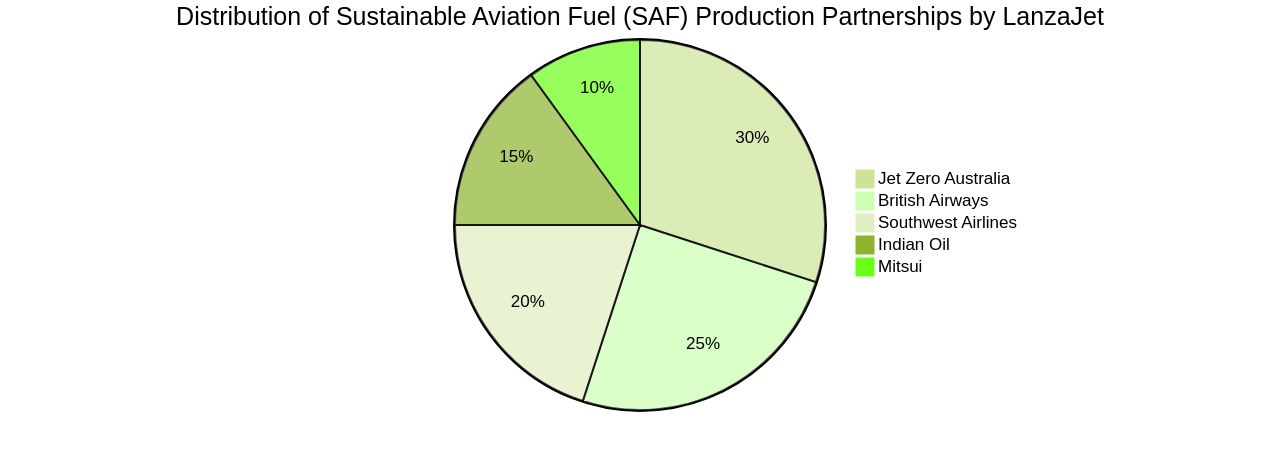
Potential of Ethanol-Based SAF Industry for U.S. Corn Ethanol
The alliance between Southwest Airlines and LanzaJet underscores the potential of the ethanol-SAF sector for American corn ethanol producers. With corn ethanol as a primary raw material, SAF production facilities can provide an additional market for corn farmers and ethanol manufacturers, thereby enhancing the growth and economic viability of the renewable fuels industry. This collaboration represents the potential synergies between the agricultural and aviation sectors in fostering sustainable biofuel production.
However, the carbon emissions benefits of corn-based ethanol have been a topic of intense debate for many years. The production of ethanol in 2023 reached its highest level since 2019, prior to the pandemic, with 15.6 billion gallons produced, indicating a significant potential for the renewable fuel. Although the US dominates in ethanol production, competition exists from Brazil, Canada, India, South Korea, the Netherlands, and China.
Factors such as industry supply, gasoline prices, regulatory decisions, and corn prices impact ethanol prices. Supply is relatively inelastic due to the high ownership of ethanol plants by farmers who have limited alternative uses for their corn crops. As the industry is highly competitive, ethanol producers are exploring the production of other more profitable niche derivatives such as specialty alcohols and high protein feed.
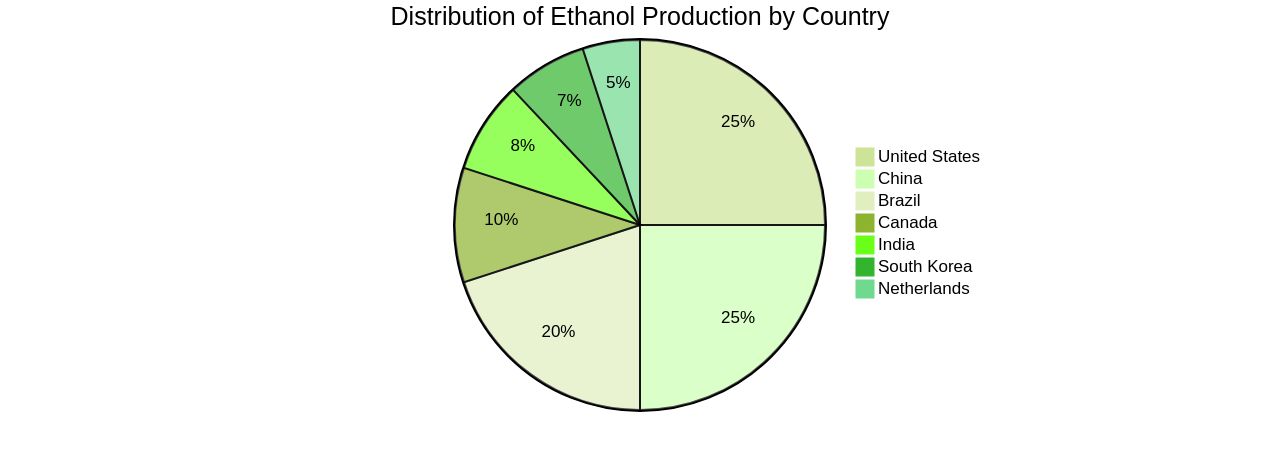
LanzaJet's Production Goals and Collaboration with Southwest
LanzaJet, an innovative player in the sustainable aviation fuel (SAF) industry, is setting the pace with its goal to produce 10 million gallons of SAF annually. This aligns seamlessly with Southwest Airlines' commitment to boost the use of biofuels in the aviation sector.
LanzaJet's production strategy is not only limited to its Soperton, Ga. plant, but also includes global projects in the UK, India, and Japan, among others. These international ventures are executed through strategic joint ventures with companies like British Airways and Indian Oil.
LanzaJet’s technology, which converts ethanol from sustainable sources into SAF, is poised to make significant strides in reducing lifecycle greenhouse gas emissions by at least 70% compared to conventional jet fuel. However, the challenge remains in securing sufficient supplies, which are currently limited and can cost significantly more than conventional jet fuel. Despite these hurdles, the company is pushing forward, contributing its expertise and innovative solutions to help shape the future of aviation and drive the industry towards more sustainable operations. This aligns with the Biden administration's target of producing billion gallons of SAF per year by 2030, a nearly 20-fold increase.
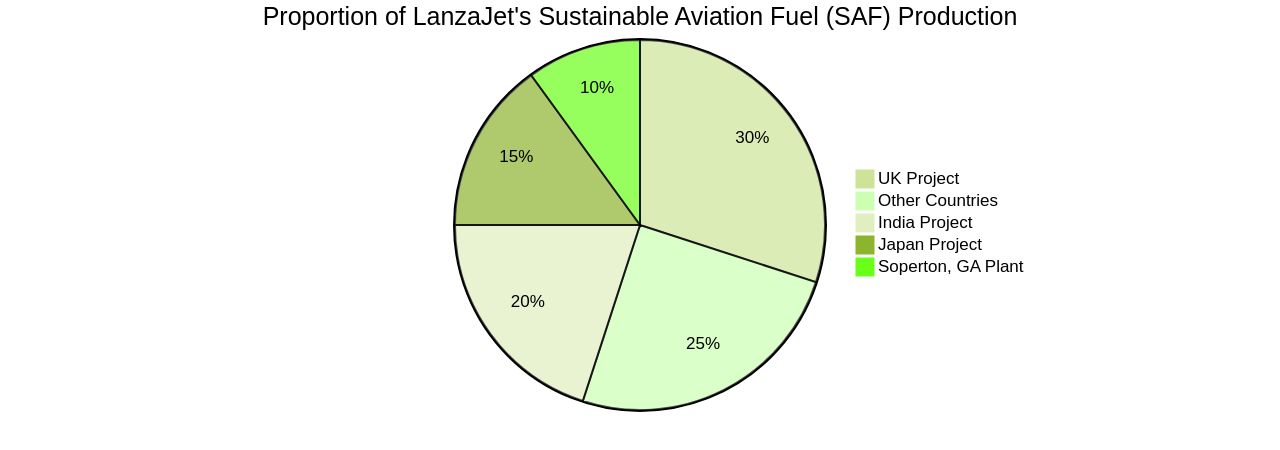
Southwest Airlines' Commitment to Net Zero and Climate Change Mitigation
Southwest Airlines, like many in the aviation industry, is on a mission to achieve net-zero carbon emissions through the use of sustainable aviation fuel. The adoption of sustainable aviation fuel (SAF), sourced from a wide variety of feedstocks, is crucial in this journey.
The compatibility of sustainable aviation fuel (SAF) with existing aircraft and infrastructure makes it a feasible approach for Southwest Airlines and the aviation sector to achieve their goal of net-zero emissions by 2050. However, this transition is not without its challenges.
When it comes to southwest airlines sustainable aviation fuel, various factors such as fuel types, carbon intensities, sustainability standards, and costs come into play. At present, the cost of Southwest Airlines sustainable aviation fuel (SAF) is considerably higher compared to conventional kerosene, and its supply is restricted.
Companies like Southwest are leading the way in promoting environmentally responsible travel and challenging the aviation industry to follow suit by using sustainable aviation fuel. By 2030, other players in the sector, like Airbus, aim to have all their aircraft 100% SAF-capable. This includes Southwest Airlines, who are also actively working towards sustainable aviation fuel (SAF) usage.
As part of its decarbonization strategy, Virgin Atlantic is also exploring sustainable fuels like southwest airlines sustainable aviation fuel. The expansion of the global sustainable aviation fuel (SAF) market is crucial for achieving the sustainability goals of the aviation industry, including Southwest Airlines' commitment to sustainable aviation fuel.
This commitment aligns with the increasing consumer demand for eco-friendly travel options. Innovative solutions like flexiforming technology from Unifuel. Tech are rising to meet these challenges. This technology, which can be implemented in an idle hydrotreater or reformer, reduces both capital expenditures and carbon intensity. With a customer-centric approach, Unifuel. Tech offers tailored solutions based on the operator's feeds, target products, and existing facilities, responding to inquiries within 24 hours. This commitment to finding the optimal application for flexiforming is a testament to their dedication to the cause of sustainable aviation.
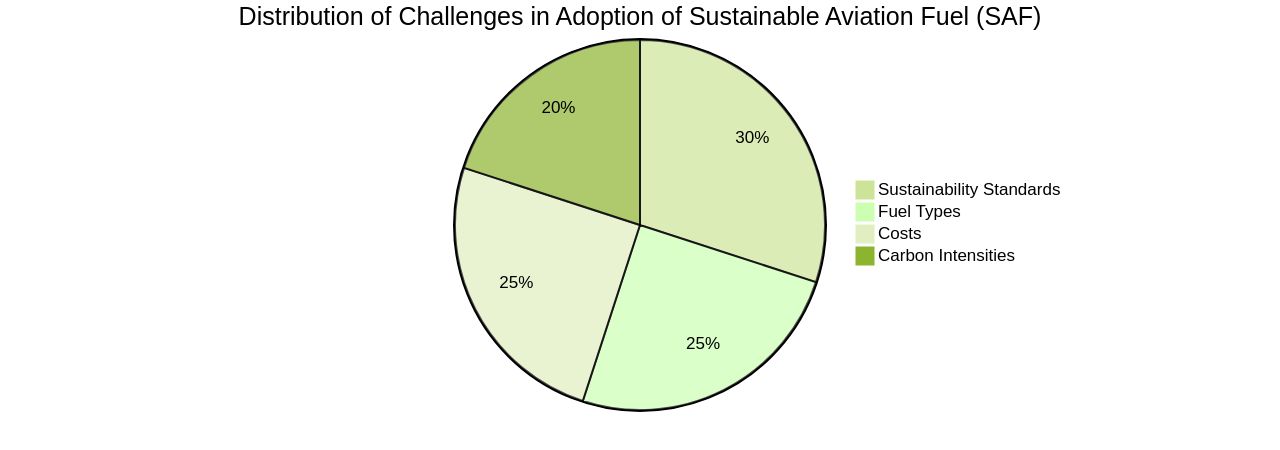
Southwest Airlines' Community Outreach and Corporate Citizenship
Southwest Airlines, as part of its environmental stewardship, is actively reaching out to local communities, environmental groups, and educational institutions, fostering understanding and awareness of sustainable aviation fuel (SAF) and its potential benefits. It's a complex challenge, as the aviation sector is a significant contributor to global emissions, accounting for approximately 7% of total emissions from the US transportation sector.
It's also one of the fastest-growing sectors, with emissions expected to rise as air travel and freight transport demands continue to surge. However, the industry has made significant strides in reducing its carbon footprint, with today’s aircraft being over 80% more fuel-efficient compared to their counterparts from the 1950s.
The aviation industry's current focus is on SAF, seen as the primary means of reducing emissions. However, the availability of SAF on a large scale remains a challenge, making it 3 to 4 times more expensive than regular jet fuel.
This is where public demand can play a pivotal role in shifting the industry towards SAF. Innovative airlines like Virgin Atlantic have been pushing boundaries, from carbon fibre aircraft and fleet upgrades to sustainable fuels. The airline's founder emphasizes the spirit of innovation and the importance of breaking the status quo for everyone's benefit. As airlines like Southwest Airlines continue to foster partnerships and share knowledge, they contribute to the wider adoption of biofuels and promote a more sustainable future for the aviation industry.
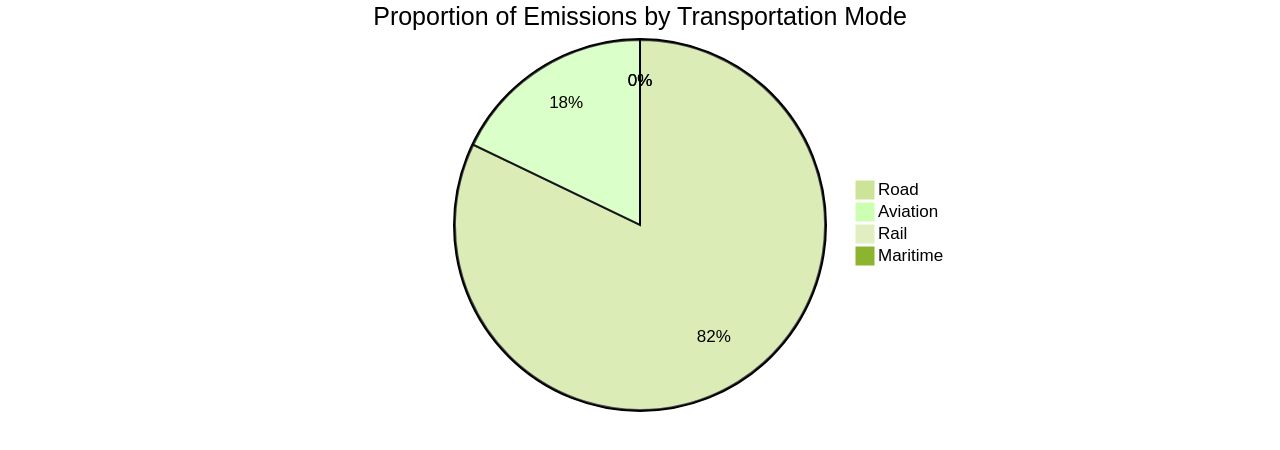
Conclusion
Southwest Airlines is driving the aviation industry's shift towards sustainability through its commitment to sustainable aviation fuels (SAF). By partnering with SAF producers like LanzaJet and focusing on hiring the right people, Southwest is leading the way in creating a more sustainable future for aviation.
The airline's unique business model, which emphasizes low-cost fares and exceptional customer service, sets them apart in the industry. By integrating SAF into their fuel mix and offering rewards for passengers who choose biofuel-powered flights, Southwest is reducing its carbon footprint and inspiring other airlines to follow suit.
Although the production of SAF is still in its early stages, meeting less than 0.2% of the industry's fuel needs, Southwest Airlines remains at the forefront of biofuel technologies. They actively engage with stakeholders and research institutions to stay ahead of advancements in this field.
As the aviation sector aims to achieve net-zero carbon emissions by 2050, Southwest Airlines' commitment to sustainability and their flexible policies position them favorably in driving the adoption of renewable fuels. Collaborations with companies like LanzaJet highlight the potential synergies between agriculture and aviation in fostering sustainable biofuel production. In conclusion, Southwest Airlines' leadership in embracing renewable fuels demonstrates their dedication to mitigating climate change and creating a more sustainable future for aviation. Their efforts inspire other airlines to explore biofuels as a viable alternative, reinforcing the importance of collective action towards achieving a low-carbon economy in the industry.




